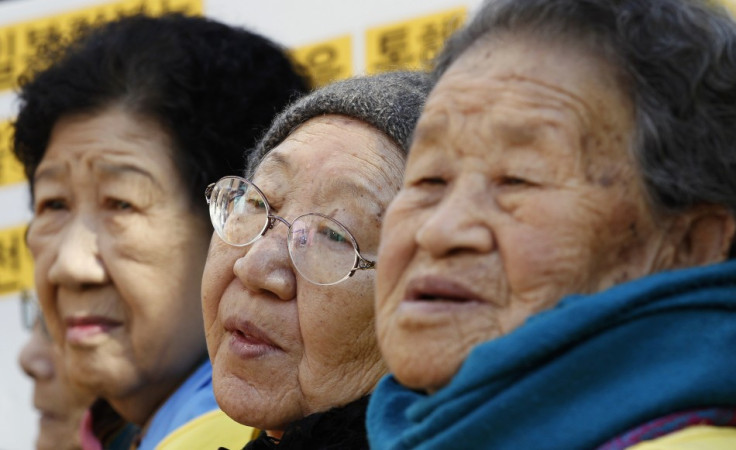Japan's Emperor Akihito Banned in Sex Slave Row with South Korea
Emperor Akihito barred from visiting South Korea until he apologises for wartime 'comfort women' abuse by Japanese troops

Diplomatic relations between Japan and South Korea are at their lowest ebb after South Korea's President Lee Myung-bak demanded an apology from Japan's Emperor Akihito to apologise for the use of "comfort women" sex slaves during World War II.
Lee said that Akihito would be persona non grata in South Korea unless he formally apologised for Japan's 1910-1945 colonial rule of the Korean peninsula and for the abduction of Korean women throughout that time.
"If he wishes to visit South Korea, it would be good if he apologises sincerely to those who passed away while fighting for independence.
"The victimisers have forgotten but the victimised have not," said Lee.
Disputes, still unresolved nearly 70 years after the end of the war, have strained relations between the two countries, he said, "particularly the issue involving mobilisation of comfort women by the Imperial Japanese military".
During the Second World War many Korean girls were kidnapped and forced to work in Japanese military brothels.
"It was a breach of women's rights committed during wartime as well as a violation of universal human rights and historic justice. We urge the Japanese government to take responsible measures in this regard," Lee said.
Tokyo made an official complaint about Lee's words and said the emperor had no intention of visiting anyway.
"I find [Lee's statement] difficult to understand and extremely regrettable," said Japan's prime minister, Yoshihiko Noda.
"It has made it impossible for a Japanese emperor to visit South Korea for the next 100 years," another official told Japanese Newspaper Asahi Shimbun.
Japan has never acknowledged the grievance despite US and EU pressure.
In 2007, then deputy chief cabinet secretary Hakubun Shimomura said: "It is true that there were comfort women. I believe some parents may have sold their daughters. But it does not mean the Japanese army was involved."
The renewed row over sex slaves comes as tensions grow between the two countries over the Liancourt Rocks, an archipelago off the Japanese coast.
The islands are controlled by Seoul but Japan and North Korea also claim rights to them.
Lee was the first South Korean president to set foot on the islands and his visit enraged Japanese authorities
"We had never thought the president would land on Takeshima [the islands' Japanese name]," said a Japanese government official.
Japanese foreign minister Koichiro Gemba said the government was considering bringing the case in front of the International Court of Justice.
© Copyright IBTimes 2025. All rights reserved.






















